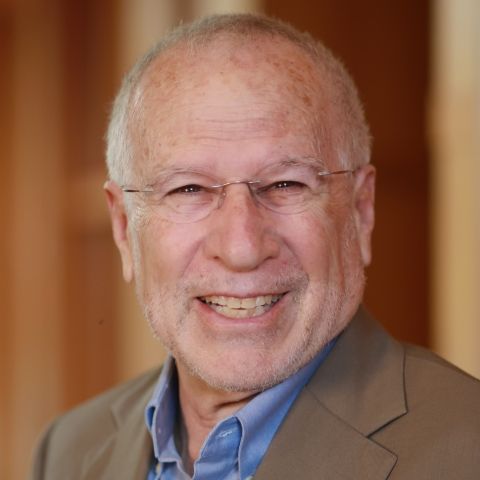
This essay, the written version of the Nathanson Lecture at the University of San Diego, asks how much of legal language is ordinary language, and how much of it is technical language. The topic is important and pervasive, because it forces us to confront the question of how much, if at all, an interpreter of legal language should take account of the goals of particular laws and the goals of the legal system generally in deciding just what a law means. To the extent that legal language is ordinary language, it is possible for an interpreter at the first stage of interpretation to decide what that language simply means, and then at a subsequent stage (as proponents of the distinction between interpretation and construction maintain) to decide what a legal outcome ought to be. But if legal language is a technical language, then the interpretation-construction distinction collapses, and right from the beginning, as Lon Fuller most prominently insisted, the interpreter must consider just what laws in particular and law in general are aimed at achieving. So although it is obvious that certain terms are constituted by law – habeas corpus, assumpsit, corporation, trust, bill of attainder – the larger question is whether all of law and all of legal language should be understood in substantially the same way. The aim of this lecture is to open up the question of legal language as technical language for broader and deeper exploration, and to suggest that resolution of the ordinary language versus technical language question reaches into almost all of the domains of legal interpretation.